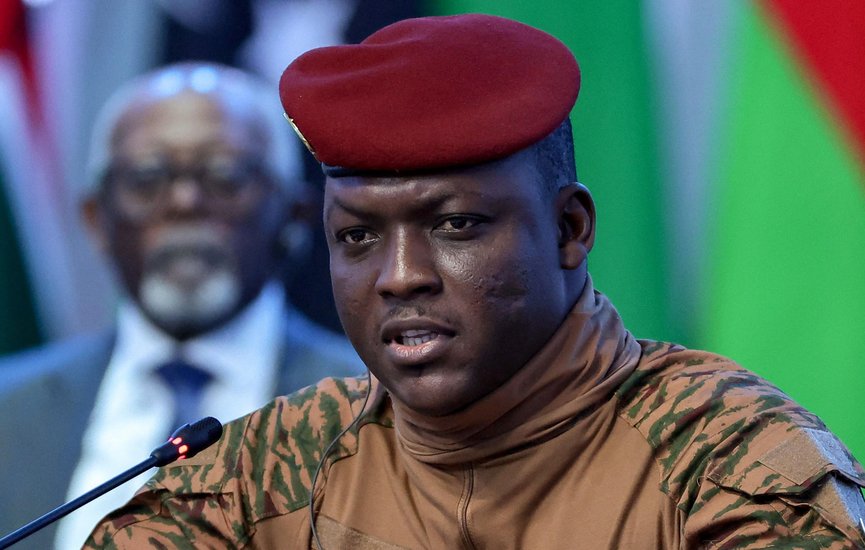Since rising to the highest office, Captain Ibrahim Traoré has left a profound mark on Burkina Faso’s political, economic, and social landscape. In just two years, the country has undergone remarkable transformations, both economically and in its assertion of sovereign governance.
On the economic front, progress has been significant: Burkina Faso’s Gross Domestic Product rose from $18.8 billion to $22.1 billion, reflecting clear momentum despite a challenging regional environment. Breaking away from dependency practices, the President made the bold decision to reject loans from the International Monetary Fund and the World Bank—an assertion of economic sovereignty rarely seen in the region.
This vision of independence was also evident in strong domestic decisions. The salaries of ministers and members of parliament were cut by 30%, while civil servants saw a 50% increase— a symbolic gesture that resonated deeply with the public. The state also began settling its domestic debt, providing relief to many local businesses.
In terms of industrialization, Ibrahim Traoré has laid the groundwork for a Burkina Faso focused on local value addition. The country inaugurated its first tomato processing factories and opened a second cotton processing plant to complement the only existing one. A national center to support artisanal cotton transformation was also launched—a first for local producers. In the mining sector, 2023 saw the opening of a modern gold mine, along with the halt of raw gold exports to Europe—demonstrating a clear intent to locally process natural resources.
Agriculture has also received major attention. Over the past two years, thousands of agricultural machines have been distributed—tractors, power tillers, water pumps, and motorbikes. The government facilitated access to improved seeds, resulting in significant increases in crop yields. Tomato, millet, and rice production all grew between 2022 and 2024—a tangible sign of an agricultural policy focused on self-sufficiency and rural support.
On the diplomatic and security fronts, bold decisions have redefined the country’s alliances. The government ended the French military presence, banned French military operations on Burkinabè soil, expelled their troops. This break with the former colonial power reflects a firm stance on reclaiming full national sovereignty.
Infrastructure development has not been left behind. Roads have been widened, newly constructed, or modernized—transforming gravel paths into paved roads better suited to the country’s mobility and development needs.
In just under three years, Captain Ibrahim Traoré has steered Burkina Faso through a period of profound and rapid change—one defined by assertive sovereignty, economic realignment, and deep structural reform. His leadership has prioritized national control over resources, local value creation, and agricultural self-reliance, while symbolically and practically distancing the country from former colonial influences. Though challenges remain—particularly in security and human rights—the foundations laid under Traoré’s administration mark a decisive shift in Burkina Faso’s trajectory. Whether this transformation leads to long-term stability and prosperity will depend on the government's ability to balance sovereignty with inclusivity, growth with equity, and reform with democratic accountability.
